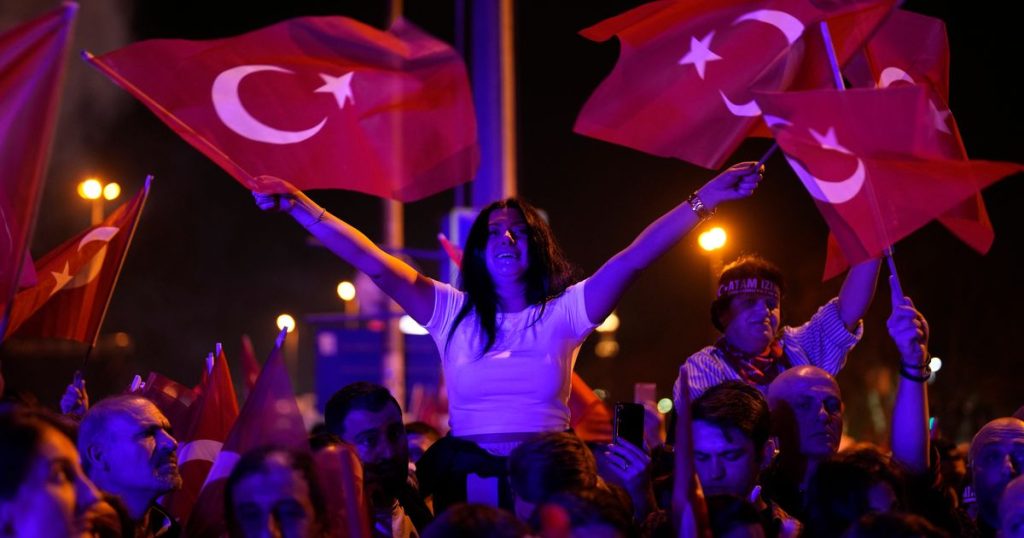In the recent local elections in Turkey, the main opposition party, the Republican People’s Party (CHP), made significant gains and retained control over key cities. Incumbent Istanbul Mayor Ekrem Imamoglu of the CHP was leading in Turkey’s largest city, while Ankara’s mayor, Mansur Yavas, also of the CHP, retained his seat with a significant margin. Overall, the CHP won 36 of Turkey’s 81 provinces, marking their greatest electoral victory since President Recep Tayyip Erdogan came to power two decades ago. Erdogan acknowledged the electoral setback, vowing to correct mistakes and press ahead with economic programs to combat inflation.
The vote was seen as a test of Erdogan’s popularity and his attempts to win back control of key urban areas he had previously lost to the opposition in elections five years ago. The CHP’s victory in Ankara and Istanbul in 2019 had challenged Erdogan’s perceived invincibility. The election results were a boost for the opposition, signaling a desire for a new political order in Turkey. Analysts attributed the surprising outcome to economic malaise and voters’ desire to punish the ruling party. Turnout was lower compared to past elections, with some shifting allegiances based on economic concerns rather than ideology.
Imamoglu’s victory in Istanbul, where he received 50.6% of the votes, solidified his status as a potential challenger to Erdogan. The opposition alliance, which disintegrated after failing to oust Erdogan in previous elections, found success in this round. A new religious-conservative party, the New Welfare Party (YRP), gained support from disillusioned AKP supporters over the handling of the economy. In the predominantly Kurdish southeast, the DEM Party was on track to win several municipalities, despite concerns over retaining these positions in the face of government interference.
Analysts suggested that Imamoglu’s success positions him as a key opposition figure to challenge Erdogan in future presidential elections. Erdogan’s push for a new constitution reflecting conservative values could be impacted by the election results. The strong showing for the opposition may have implications for Erdogan’s rule beyond his current term, which ends in 2028. Overall, the local elections marked a significant shift in Turkish politics, with voters signaling a desire for change and punishing the ruling party over economic concerns.


